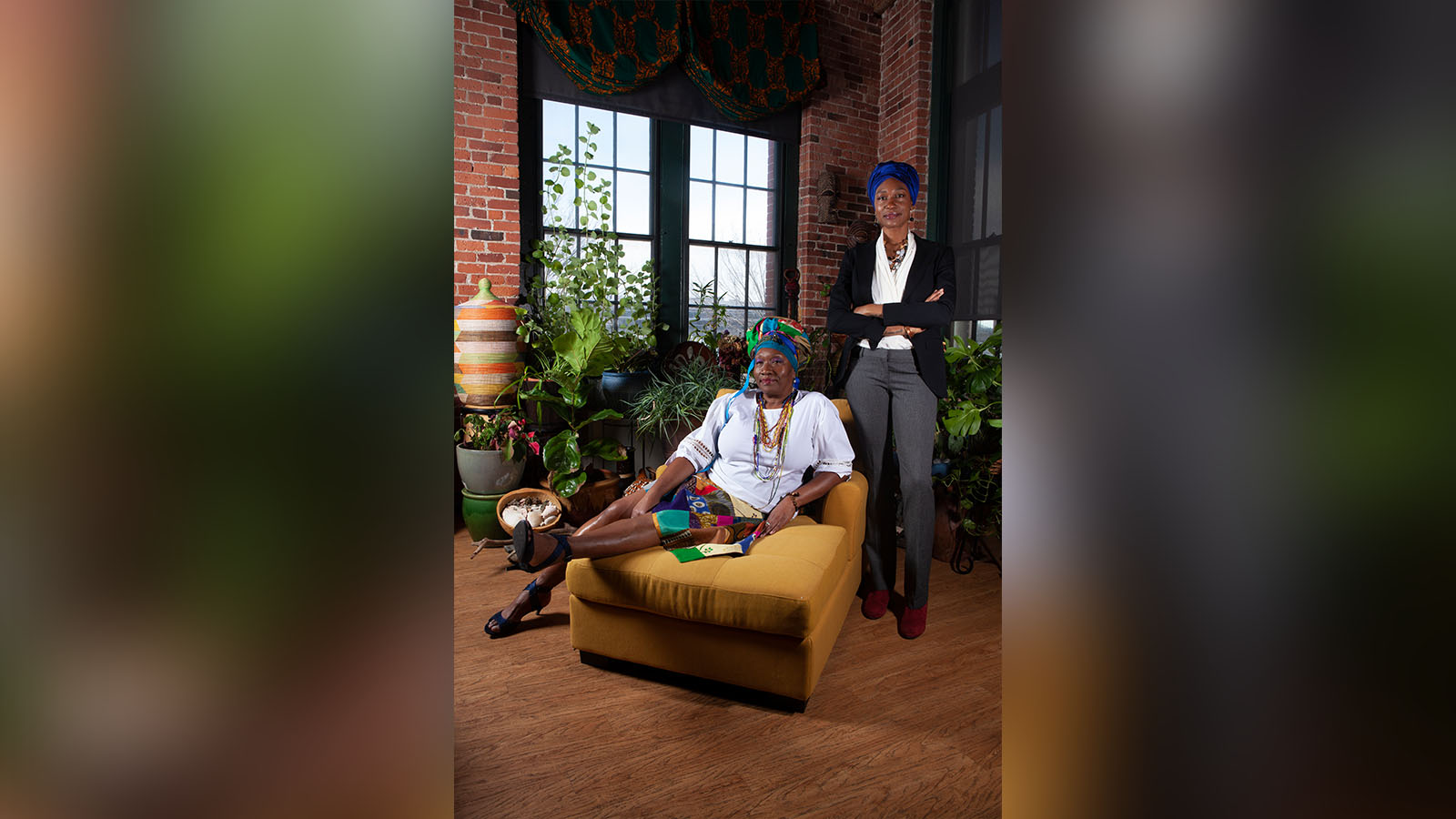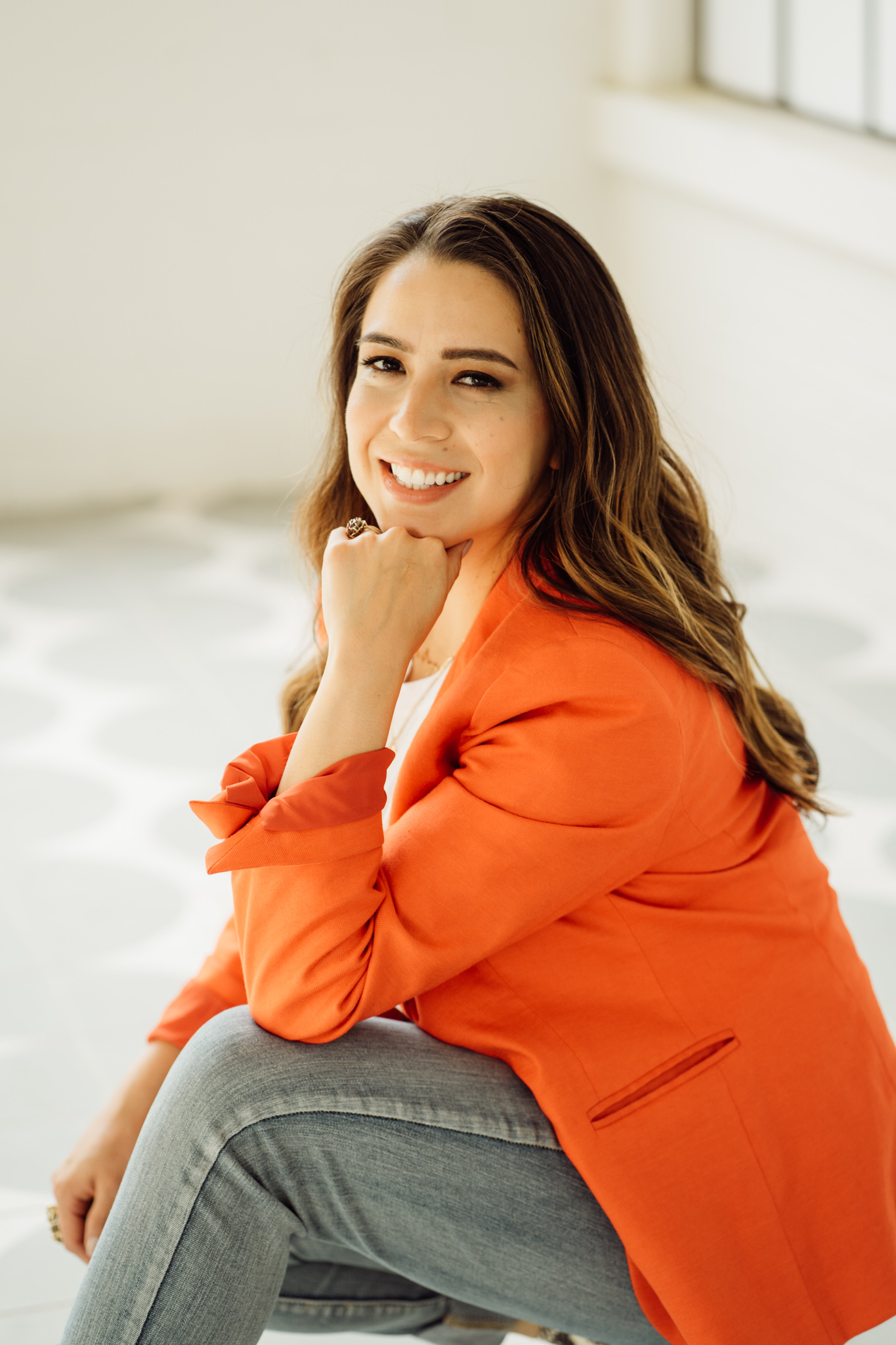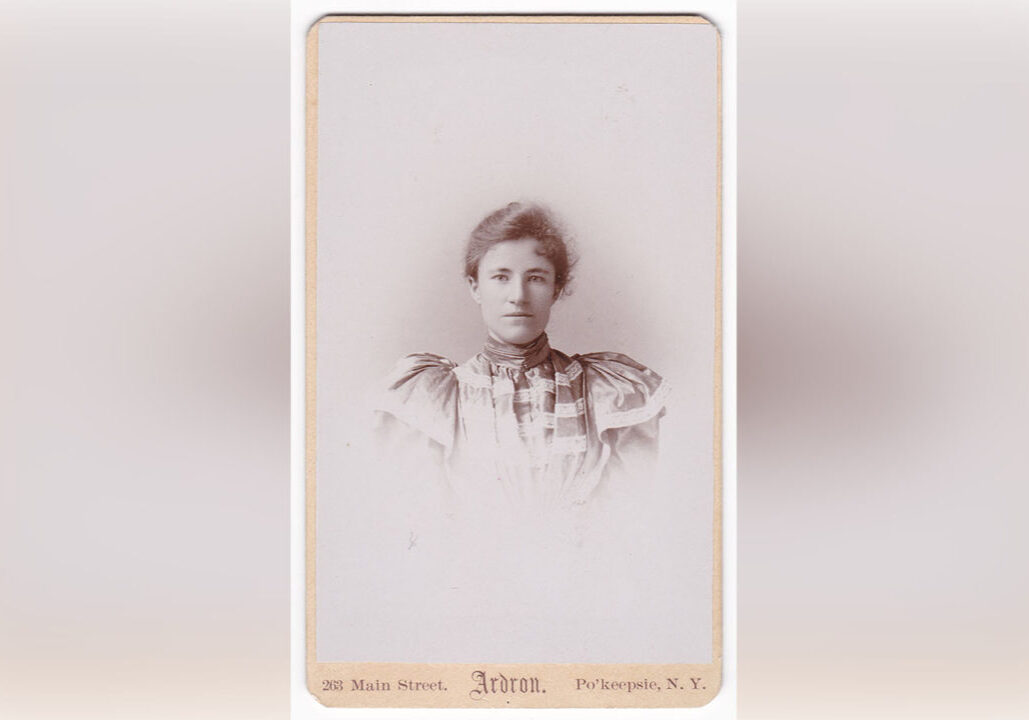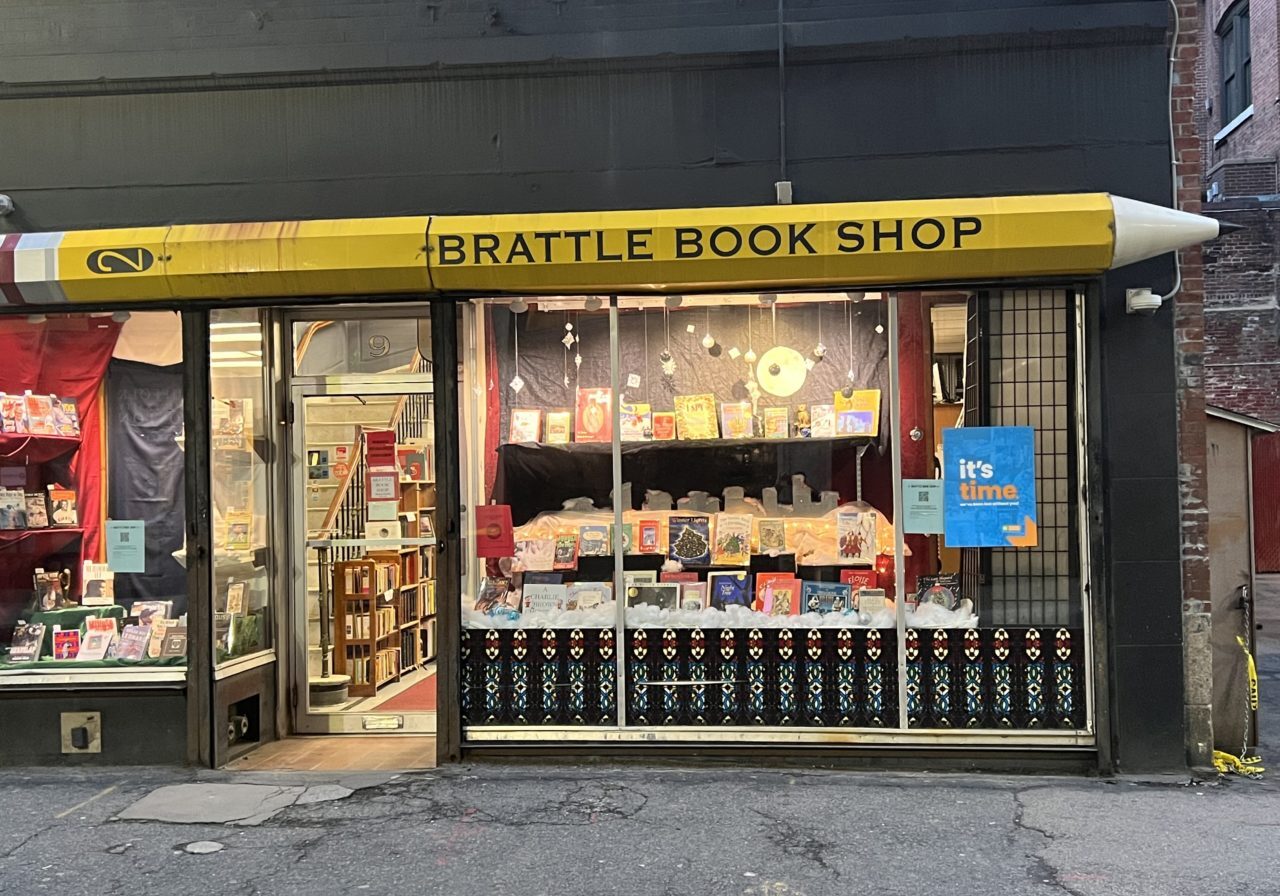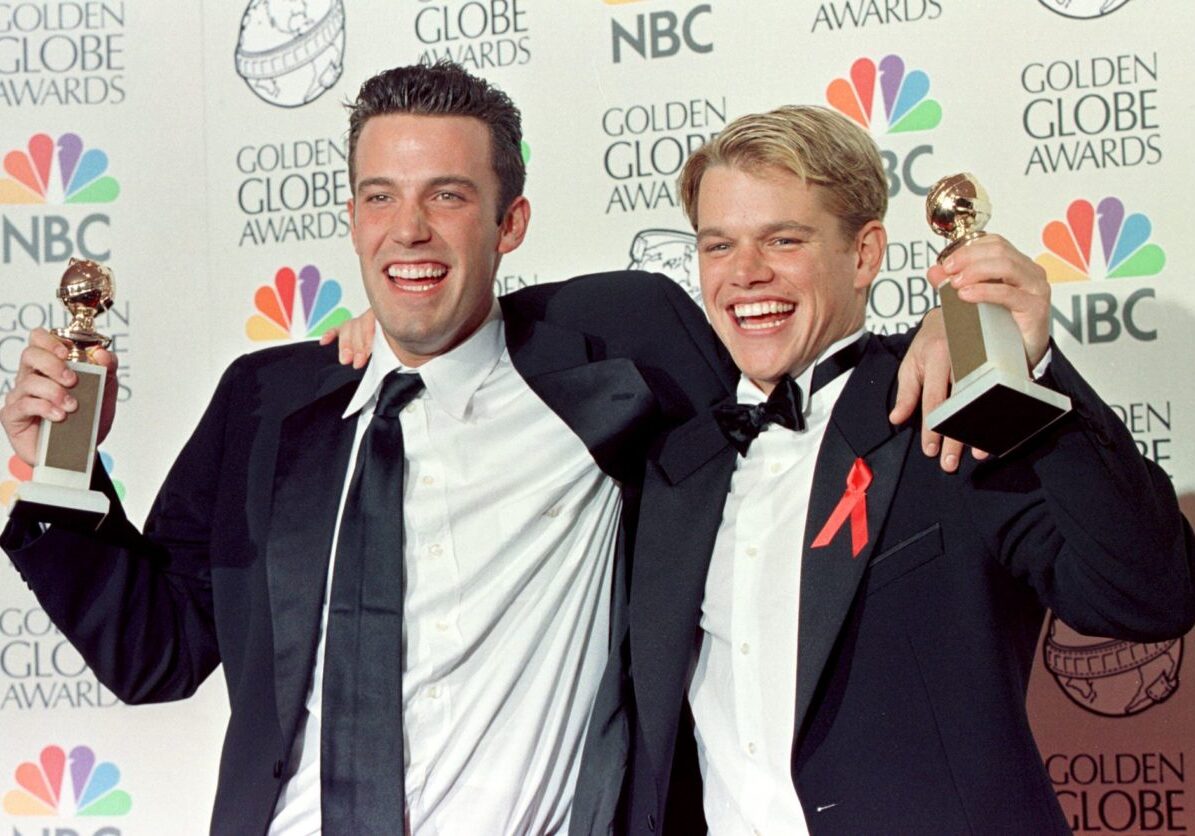Cover photo courtesy Tafari Wraps
At the young age of 18, the force behind Boston’s Tafari Wraps Jamaican-born Faith (Imani) McFarlane began to formally consider herself an artist. Her passion and talent showed from an earlier age, and little by little she began developing artistically and professionally. Today, McFarlane and her daughter spread culture and empowerment through Tafari Wraps.
McFarlane migrated to the United States at the young age of 10. She was placed here in Boston in the 1970s — a very violent time of racial tension. Missing Jamaica and looking for ways to feel more connected to her birth country, at 14 years old McFarlane found Rastafari, a religious, political and social movement that started in Jamaica in the 1930s. It became her home away from home.
We’ve got three great shows that highlight the best of Boston! Check out Boston Rob Does Beantown, Blind Kitchen Boston and Eat Play Stay Boston.
This, and other life experiences at the time shaped McFarlane’s art. She said she has always been a natural artist, always inspired by her surroundings and her environment. Always creating from nothing, McFarlane turns up-cycled, discarded goods of textiles and palm fern into incredible and bold art.
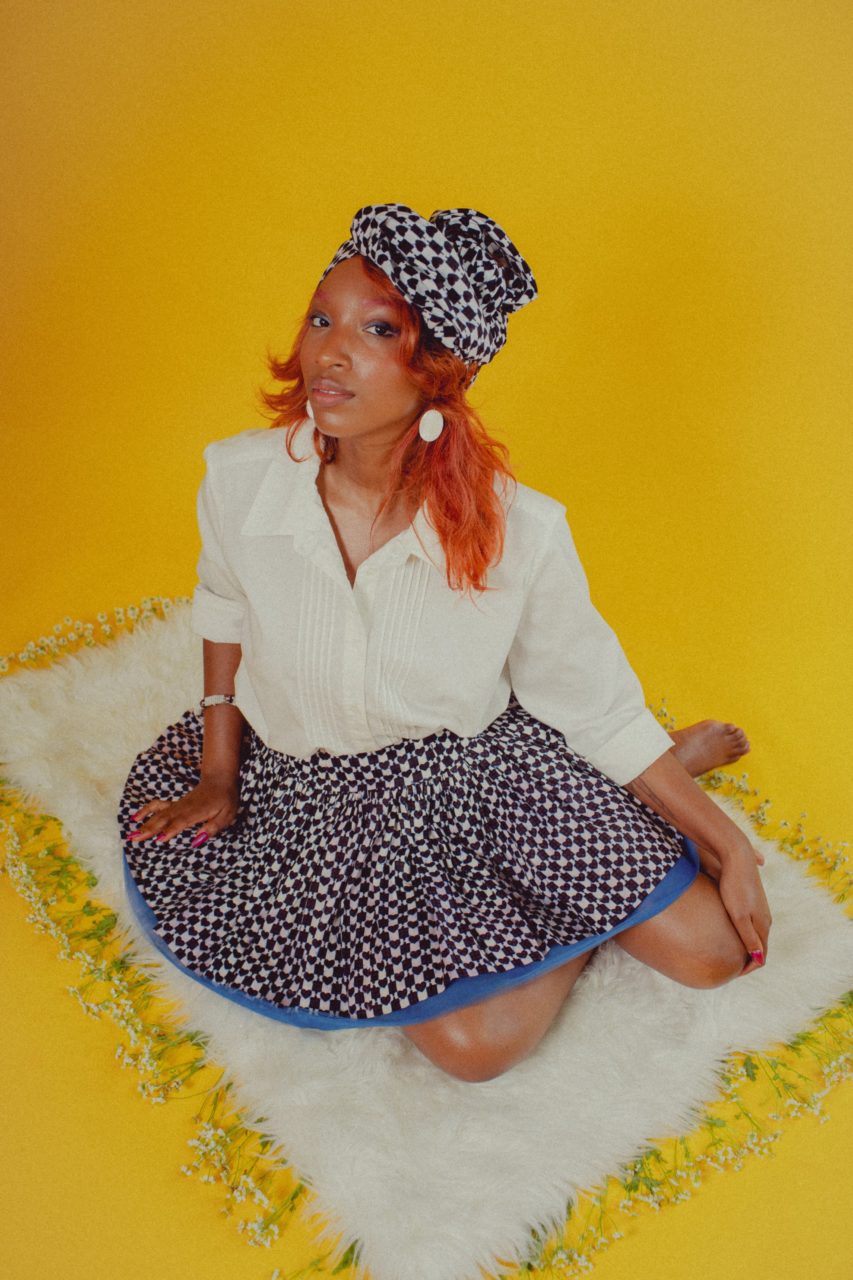
The House of Tafari
For over 40 years, McFarlane has worked as a designer-artist, master seamstress and educator. Her work has dressed Miss Universe and Miss World beauty pageant contestants to Boston and Jamaica elites. As an acclaimed international artist, she has worked as an interior design consultant and decorator, trained in some of Boston’s most prestigious high-end showrooms.
In 2006, McFarlane founded the House of Tafari Collection as a way to share African and Caribbean culture through fashion and home goods.
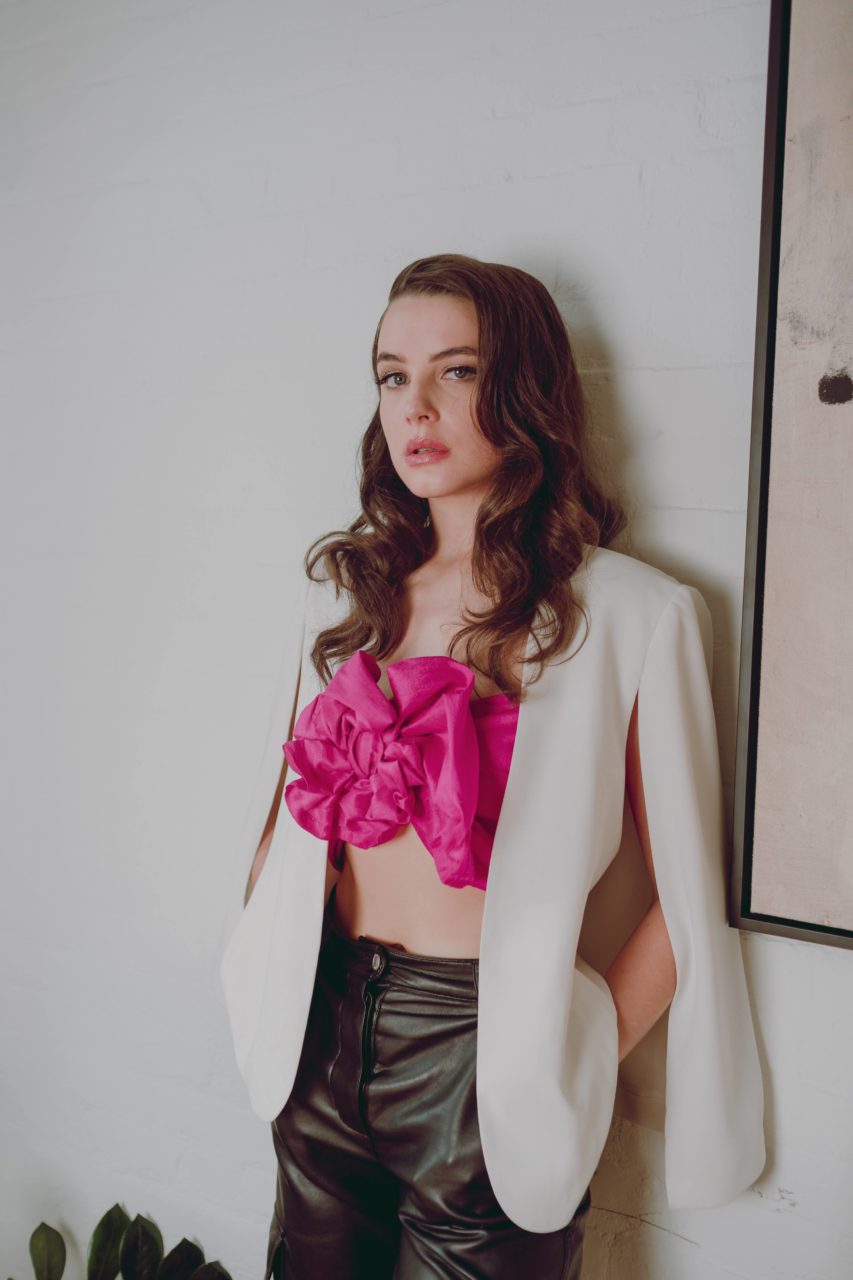
“HOTC joins African landscapes, ancestral healing practices, and the vibrancy of the Caribbean with the design and creation of ready-to-wear and couture headwraps and accessories, wearable art pieces, and high-end home décor,” the Tafari Wraps website said.
Today, partnered with her daughter Delmeshia Haynes — an educator, set designer and ‘wrapologist’ — the duo continues to spread culture and diversity, and empower men and women through Tafari Wraps.
Battling the stigma of head wraps, Tafari Wraps is set to educate the world to see the beauty and healing they bring to any community.
Used for different reasons, and made of different colors and fabrics, “headwraps have always been part of our ancestors,” Haynes said. “They are a bridge between cultures.”
“It’s a powerful and beautiful story that needs to be presented,” said Haynes, who joined her mom’s mission in 2017 after living in New York City where she learned to appreciate the way people expressed themselves.
Tafari Wraps offers a collection of beautifully designed African-inspired head wraps, wearable art and home accessories. Carefully handcrafted and stitched to perfection, the pieces are created using high-end textiles including Ankara fabric — a common type of African fabric characterized for its bold and vibrant colors and patterns.
From culture to cancer patients
With the bright colors and elegant fabrics, each piece is designed to uplift the spirits of those who wear them. Each wrap provides a sophisticated look for men, women and even kids.
McFarlane traveled all over the country educating others about the culture and beauty of headwraps. Her stops included libraries, schools and even hospitals. It was then that it became eminent that her headwraps could also bring happiness and healing to cancer patients facing the challenges of hair loss and exhaustion during chemotherapy. Tafari Wraps now focuses on creating a line of hat wraps designed to provide an easy wrap. Effortlessly, cancer patients are able to wear a beautifully designed hat wrap that is sure to support the healing process from within.
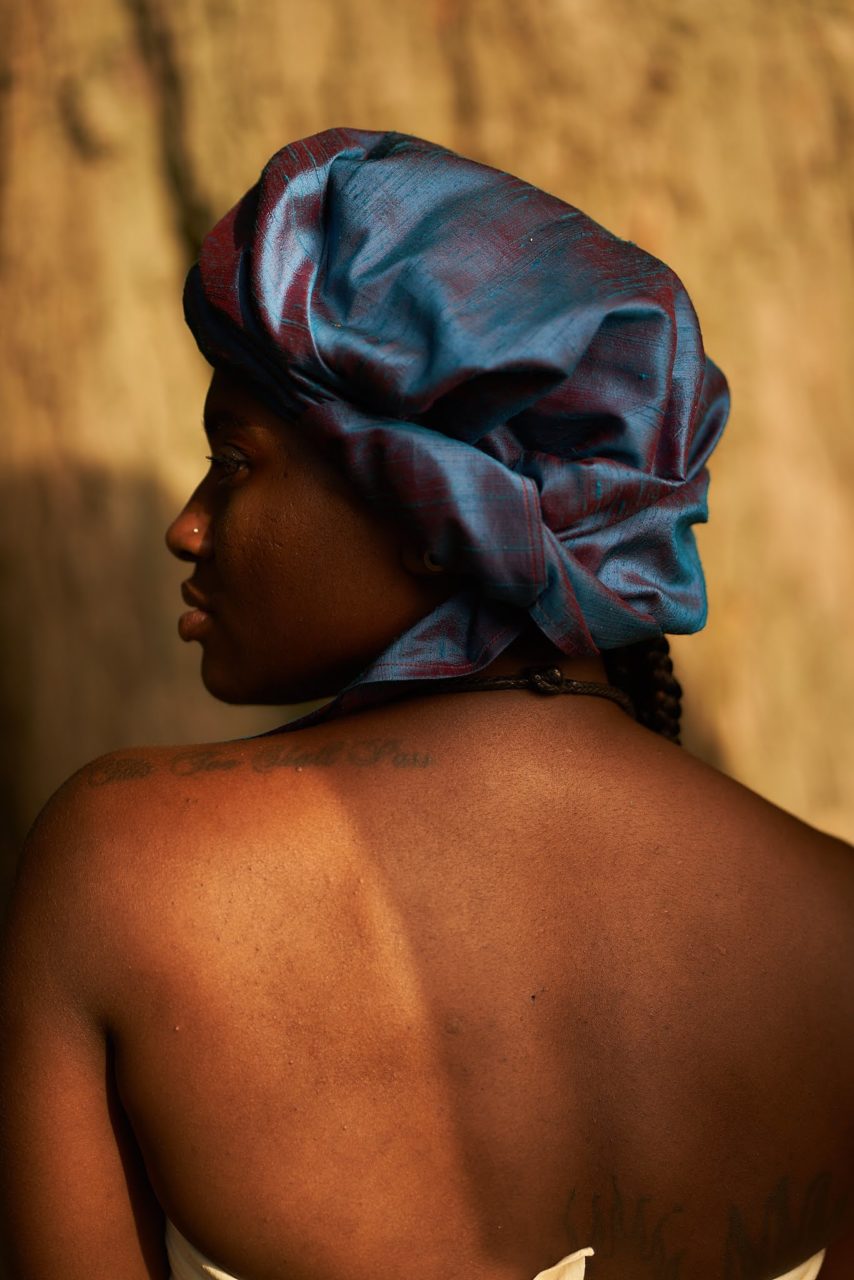
Lifestyle publications have named Tafari’s Wrapshops a resource for women thriving through cancer by lifestyle publications, and have been endorsed by the American Cancer Society, Massachusetts Cancer Coalition and the Lupus Foundation of New England.
To learn the journey of head wrapping, Tafari Wraps offer in-person headwrap consultations in Boston Seaport and Wrapshops at which you can learn the best practices to do your own wrap, and identify the best fabric for you, and learn how you can use it for different occasions. For those who prefer the virtual experience, video tutorials and digital consultations are also available online.
Check out Tafari Wraps and experience the vibrancy of the colors, art and culture. Your soul will thank you.

